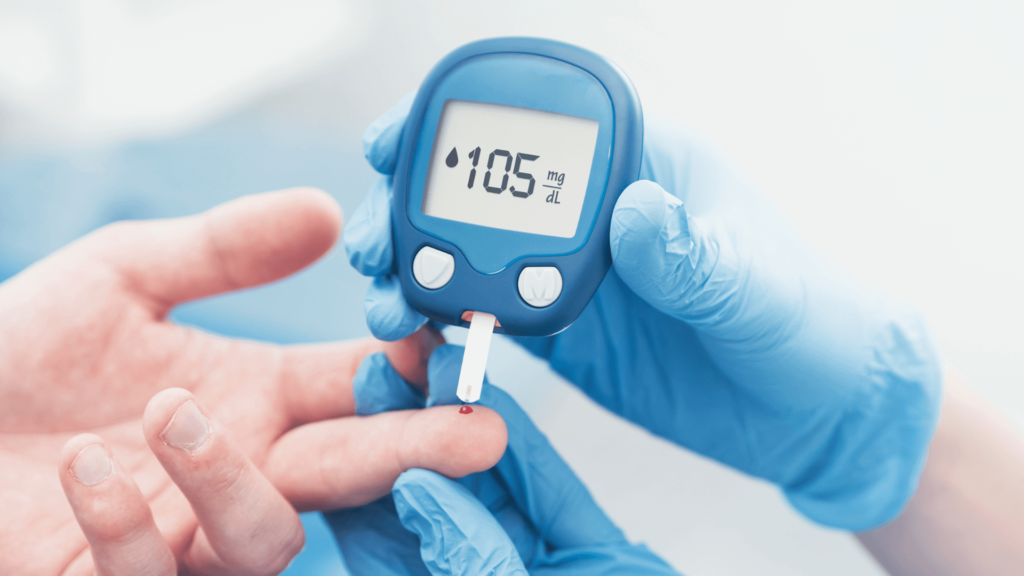
Diabetes is a chronic medical condition that affects how the body uses blood sugar (glucose). Glucose is a vital source of energy for the body’s cells, but in people with diabetes, the body has difficulty controlling blood sugar levels. There are two main types of diabetes: type 1 and type 2.
Type 1 diabetes is an autoimmune disease in which the body’s immune system attacks and destroys the cells in the pancreas that produce insulin, a hormone that regulates blood sugar levels. Type 1 diabetes is usually diagnosed in children and young adults, and it requires lifelong insulin therapy.
Type 2 diabetes is the most common type of diabetes, accounting for 90% to 95% of all cases. In type 2 diabetes, the body is unable to use insulin effectively, leading to high blood sugar levels. Type 2 diabetes is often associated with obesity and a sedentary lifestyle, but genetics and environmental factors also play a role.
Symptoms of diabetes include:
Frequent urination
Increased thirst
Unexplained weight loss
Blurry vision
Slow-healing cuts or wounds
Fatigue
Tingling or numbness in the hands or feet
Complications of diabetes can include heart disease, kidney damage, nerve damage, and eye damage. Diabetes management involves regular blood sugar monitoring, medication (such as insulin or oral medications), and lifestyle changes (such as regular exercise and a healthy diet).
Prevention of diabetes involves maintaining a healthy weight, getting regular exercise, and eating a healthy diet that is low in sugar and refined carbohydrates. It is important for individuals with diabetes to work closely with their healthcare provider to manage their blood sugar levels and reduce the risk of complications.


